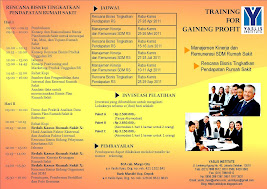written by: Yaslis Ilyas[1] & Fediyani Saefudin [2]
ABSTRACT
Papua province is located in eastern part of Indonesia. The number population of Papua in 2007 are 2.1 millions people. It is about 2.1% of the Indonesian population. The number of origin people are 1,75 million and the rest are people from other provinces. The objective of study is to explore the health information of the human resource situation of Papua population. The structure of this research is survey. The focus group discussion (FGD) is used to explore the qualitative data. The FGDs are conducted in 6 city and district. The content analyses is used for qualitative data and triangulation is conducted to do check and cross check to 3 type of data such as: FGD information, secondary data and studi references. The result of study is: 1) Gap communication between the government and the community in term of knowledge, understanding and health action. Both parties are different in concept and works in self direction.2) There is limited coordination among the government institutions. 3) Thinks technical. Health problems are perceived technically. The major issues always are limited resources, personnel, money, supplies and drugs, low salary and so on. 4) Thinks partial. The health problem is not understood holistically. 5) The community tends to be object. 6) City orientation. Majority of the health personnel tend to stay in city even work in the village. 7) Patriarchy and kinship. Man is very dominant. All decisions are on the man’s hand. 8) Patent and generic drug. Patients feel not cure before getting injection. Patient doesn’t believe enough to generic drug. 9) Origin versus non origin people. There are any suspicious that increasing prevalence of HIV-AIDS is caused of the sex worker from outside Papua. 10) Where is integrated health post? Conclusion. There are any gap in term of perception, opinions, idea, and hope between the health officer and the people. Recommendation. There are needed the community’s awareness and participatory in public health program
Keywords: qualitative study, communication, coordination, thinks technical, thinks partial.










0 komentar:
Posting Komentar